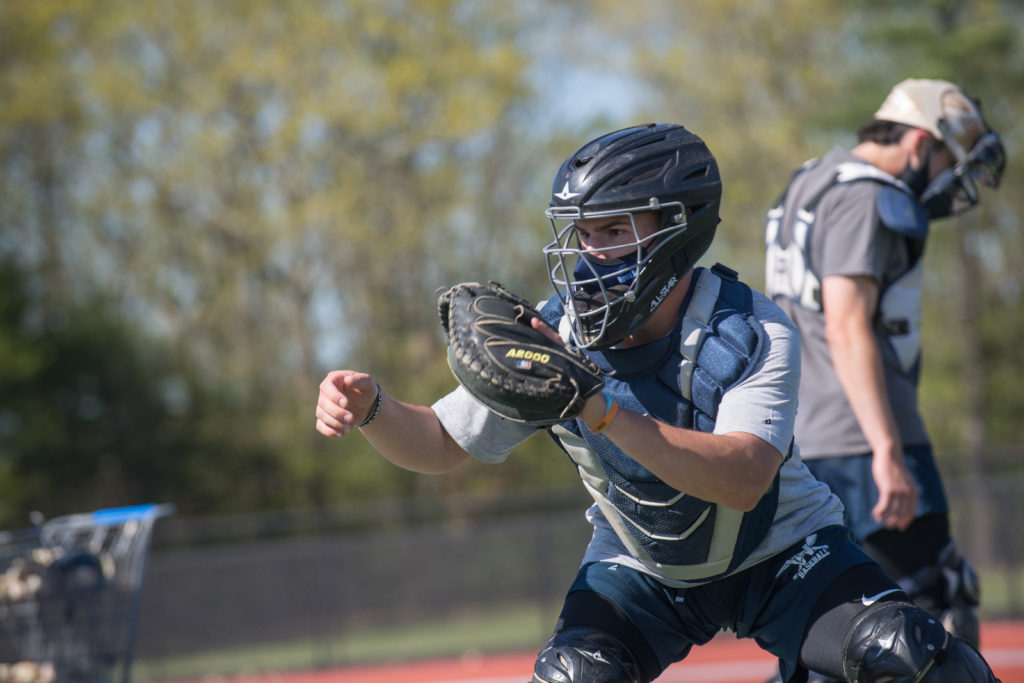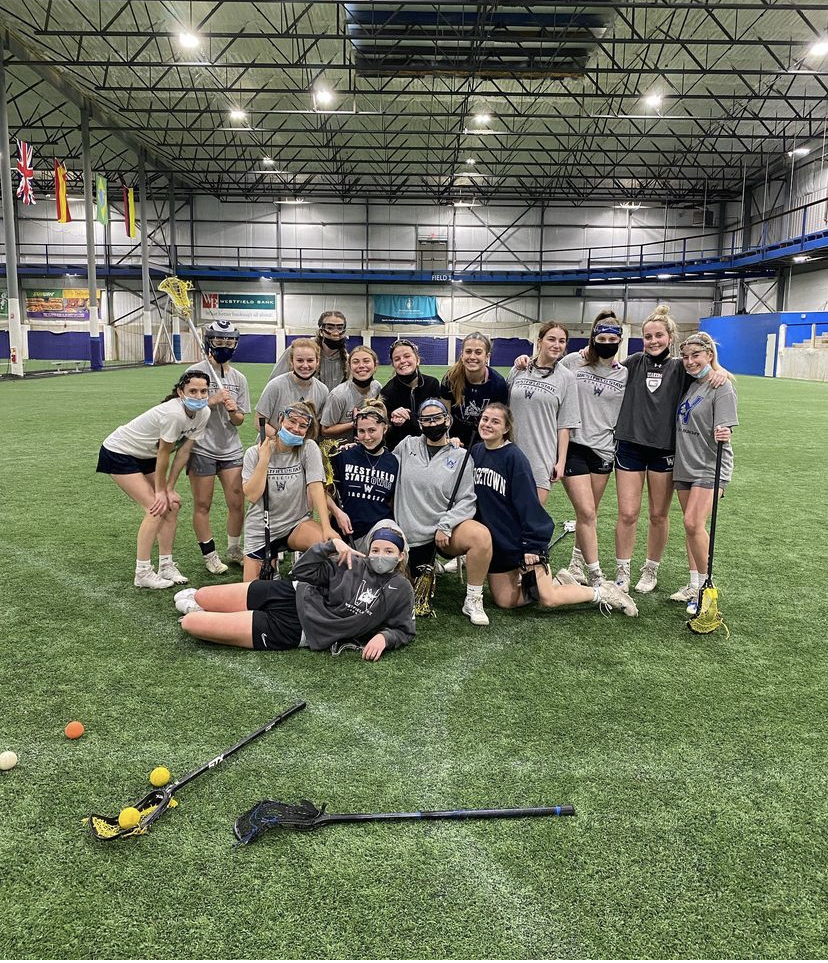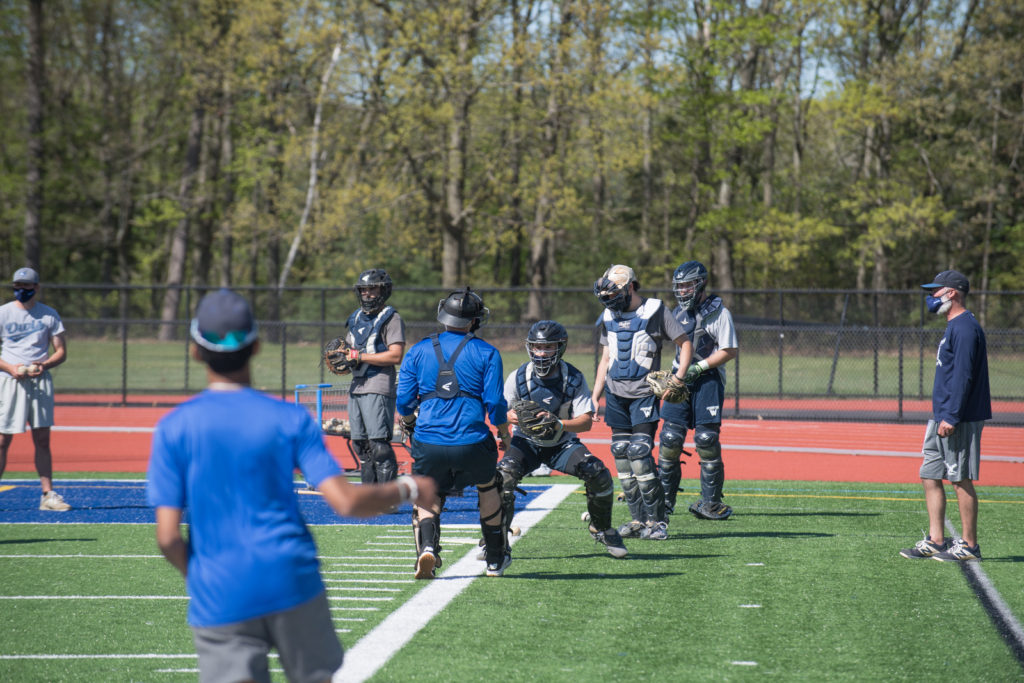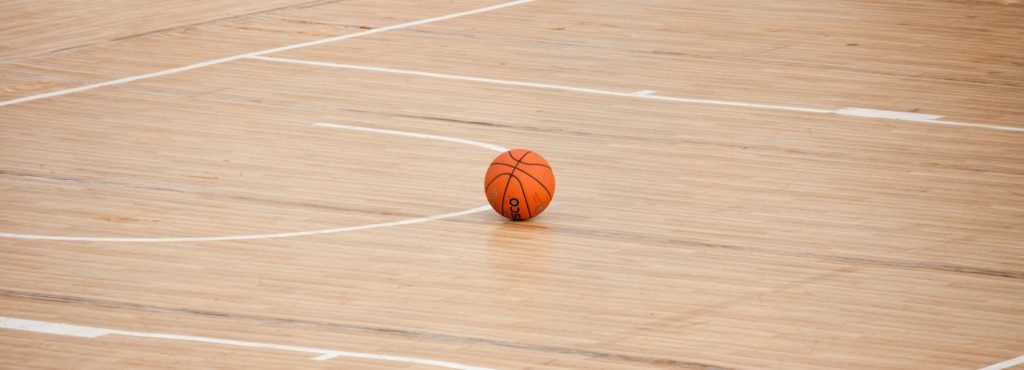Westfield State’s student-athletes face an increased concern for mental health following the unusual circumstances brought on by the Covid-19 Pandemic.
According to the National College Athletic Association’s (NCAA) student well-being survey, student-athletes across the country faced heightened concerns of mental health barriers regarding sports participation following the Covid-19 Pandemic.
Within the survey, students reported increased levels of anxiety, depression, and mental exhaustion. Brian Callihan, an associate at the counseling center, agrees Westfield is no exception.
“There is a well-known phenomenon that happens when athletes are suddenly unable to participate in their sport. Athletes can experience a loss of identity and feelings of grief as if something has been taken away from them”, Callihan said.
The pressures of adjusting to life back on campus posed a series of challenges for many students including sharpening social skills, transitioning back to in-person classes, and living amongst the college community.
Student-athletes are dealing with the added pressure of demanding practice and conditioning schedules that typically take place 6 out of 7 days a week.
Athletic Director Richard Lenfest agrees with the concern of mental health among the college’s athletes, recognizing a notable shift in student-athlete mental health following the circumstances of last year. Lenfest said the loss of daily interaction with teammates and coaches, the loss of daily exercise, along with other mental health pressures brought on by the pandemic were all factors that worried him during the campus shut down.
Now, the rise of the Delta variant is cause for concern.
Softball Captain Jess Chenard spoke about her anxiety and concern about the possible effects the delta variant may have on her sport’s season. From her perspective, the spring season is still up in the air.
“It is in the back of our heads. We’re choosing to remain hopeful.” Chenard said.
Another member of the softball team, Christina Chiampa, concurs with Chenard. Due to the pandemic, Chiampa was unable to participate in softball last year. She is hopeful to play this spring, but worries about her mental health.
“The competition that takes place on and off the field takes up a lot of mental space. It gets exhausting.” Chiampa said.
Lenfest acknowledges the difficulty for coaches to recognize when athletes are struggling mentally.
“If you have a physical injury, you can point to where it hurts. If something is going on inside it can be difficult for coaches or training staff to figure out what’s going on” Lenfest said.
Last year, the athletic department hosted the program ‘Break the Stigma’ to bring awareness to the importance of taking care of one’s mental health.
”As a college community, this is something we must face head-on”, Lenfest said.
The department has taken great caution in protecting their athletes during this time of uncertainty brought by the Delta variant. Vaccinations and masks worn during travel and away games are required for athletes and coaches.
































